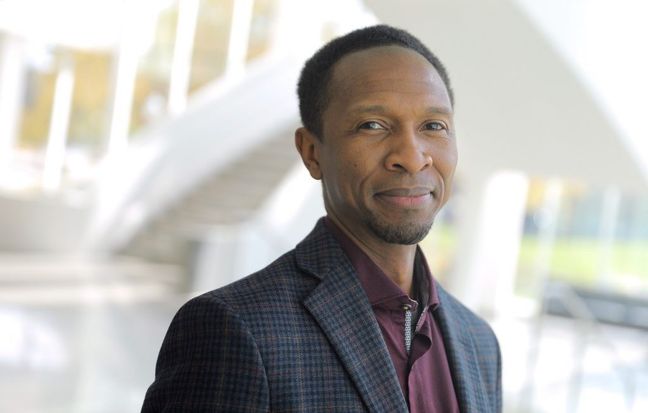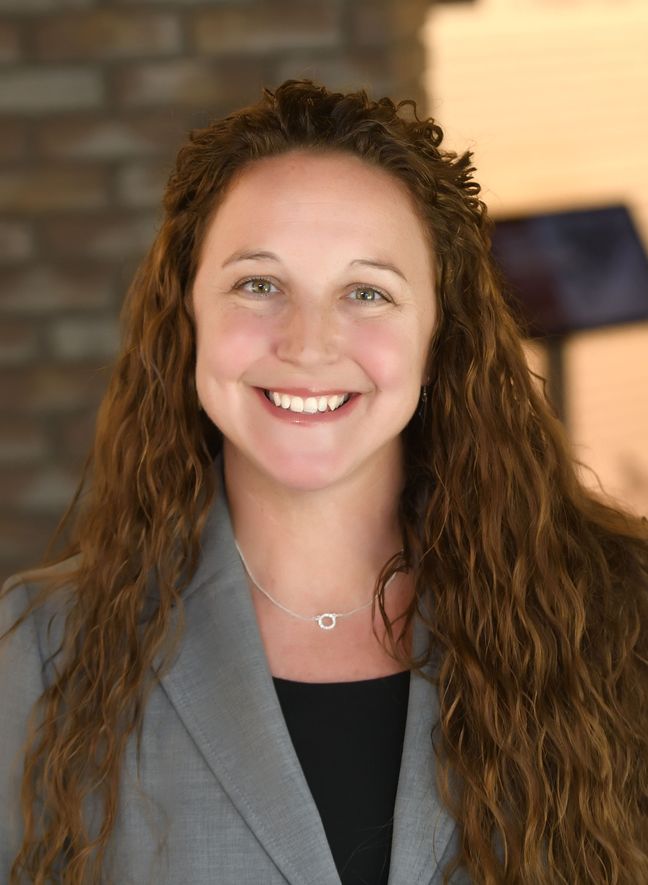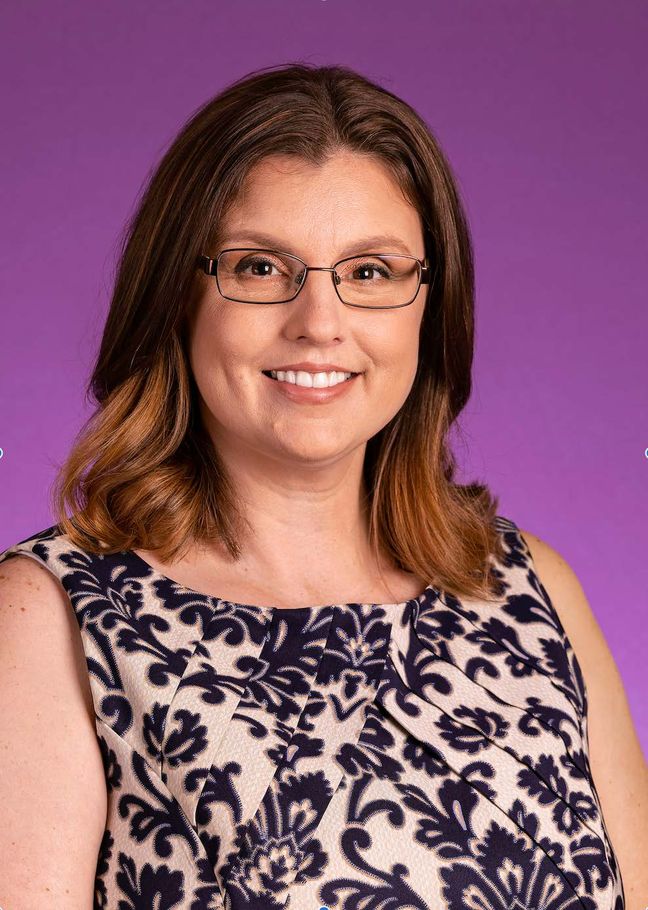Speakers

Sylvester Johnson
Northwestern University

Mary Huffman
East Carolina University

Amy Johnson
East Tennessee State University

Julie Stanley
East Carolina University

Hannah Sunderman
Virginia Tech